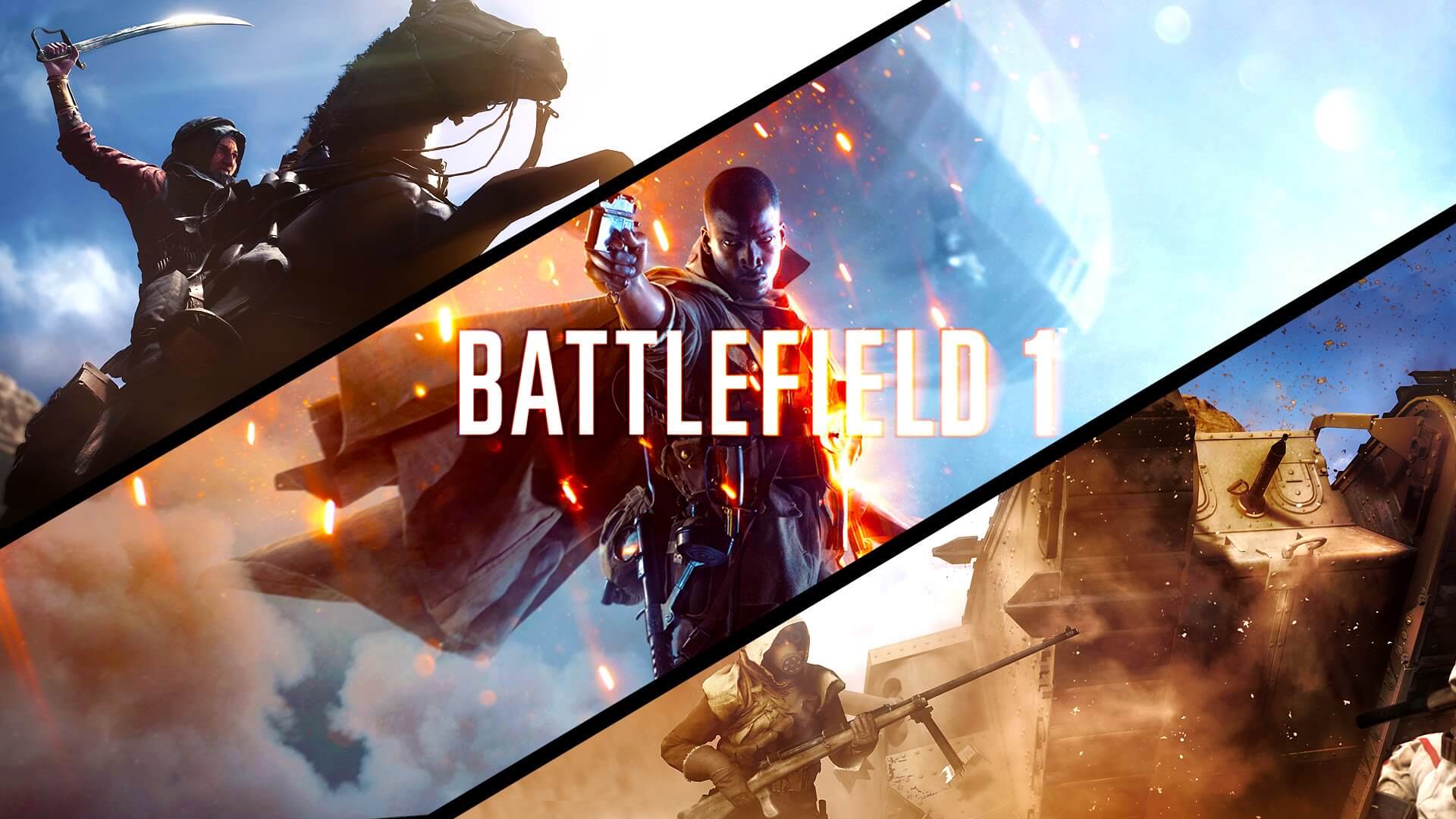DX11 vs. DX12: What's Going On?
Before we jump to the conclusion let's take a quick look at how various current and previous-generation GPUs compare when using DX11 and DX12 on the Core i7-6700K clocked at 4.5GHz.

It's the minimum frame rates that often take the biggest hit and even Pascal GPUs paired with an overclocked i7 are much slower when using DX12 versus DX11, and there isn't much to be gained by opting for DX12 on AMD GPUs either.
After running our own benchmarks, Battlefield 1's performance is certainly interesting and we're not shocked to see a heap of controversy among users regarding the game's DX12 performance. Being surprised and even confused at times about the performance I was getting, I looked around the web for comparison and few tech sites appeared to be mentioning Battlefield 1's inconsistent frame rates when running DX12.

TweakTown reports at least 15% gains for the Radeon graphics cards in a system powered by the Core i7-5960X. What's more, they found that the RX 480 crushed the GTX 1060 in both DX11 and DX12, which is something we couldn't reproduce.
It wasn't until I stumbled upon Gamers Nexus' article that I found familiarly horrible frame time performance when using DX12. I can confirm that we saw exactly the same issue as Gamers Nexus and for now at least recommend AMD and Nvidia owners avoid using the newer API in this particular game.
On the bright side, playing with DX11 produced solid performance using entry-level GPUs at 1080p. The RX 460 delivered at least 30fps at all times, while old friends such as the HD 7970 were able to maintain around 60fps.
Even when pushed to 1440p, the demand Battlefield 1 put on our hardware was far from extreme, with the RX 480 and GTX 1060 holding their own at this resolution.
- Check out Battlefield 1 Reviews and Ratings
- Buy Battlefield 1 on Amazon
Overall, Battlefield 1 looks awesome, runs smooth outside of DX12 and offers plenty of tweakable options on PC, though most players won't have to tinker too much given how well optimized the game already is.
